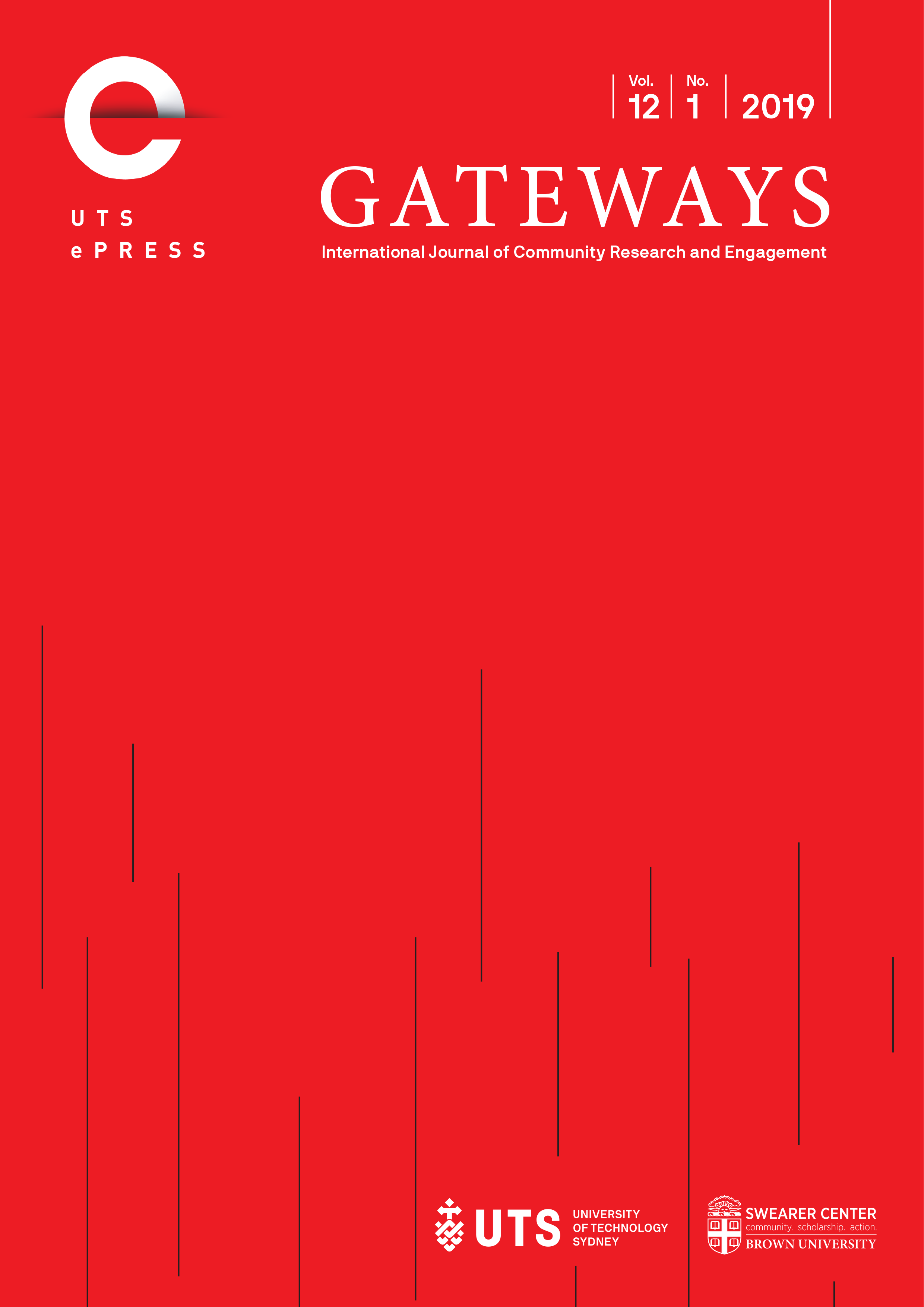Political economics, collective action and wicked socio-ecological problems: A practice story from the field
Main Article Content
Abstract
Empowering integrative, sustainable and equitable approaches to wicked socio-ecological problems requires multiple disciplines and ways of knowing. Following calls for greater attention to political economics in this transdisciplinary work, we offer a practitioner perspective on political economy and collective action and their influences on our community engagement practice and public policy. Our perspective is grounded in a pervasive wicked problem in Australia, invasive rabbits, and the emergence of the Victorian Rabbit Action Network. The network grew out of a publically funded research project to support community-led action in rabbit management. Victorian residents and workers affected by rabbits – public and private land managers, scientists, government officers and others – were invited to engage in a participatory planning process to generate sustainable strategies to address the rabbit problem. Each stage in the process, which involved interviews, a workshop and consultations, was designed to nurture the critical enquiry, listening and learning skills of participants, advance understandings of the problem from multiple perspectives, generate collective options to guide decision-making, and encourage community-led collective action. We reflect on our understanding of these processes using the language and lens of political economics and, in particular, the context of democratic professionalism. In so doing, we define terms and refer to information resources that have enabled us to bring a practical working knowledge of political economics to our professional practice. Our intent is to motivate academics, community members, government officials, and scientists alike, to draw on their knowledge and field experiences and to share practice stories through the lens of political economics and collective action. This is an opportunity to engage each other in small ‘p’ politics of how we understand and act on wicked problems, to negotiate and connect across disciplines, practical experiences and human difference, so that people may work more creatively and effectively together to address the challenging issues of our time.
Article Details
Issue
Section
Authors who submit articles to this journal from 31st March 2014 for publication, agree to the following terms:
a) Authors retain copyright and grant the journal right of first publication with the work simultaneously licensed under a Creative Commons Attribution License that allows others to share and adapt the work with an acknowledgement of the work's authorship and initial publication in this journal.
b) Authors are able to enter into separate, additional contractual arrangements for the non-exclusive distribution of the journal's published version of the work (e.g., post it to an institutional repository or publish it in a book), with an acknowledgement of its initial publication in this journal.
c) Authors are permitted and encouraged to post their work online (e.g., in institutional repositories or on their website) prior to and during the submission process, as it can lead to productive exchanges, as well as earlier and greater citation of published work (See The Open Access Citation Advantage Service). Where authors include such a work in an institutional repository or on their website (ie. a copy of a work which has been published in a UTS ePRESS journal, or a pre-print or post-print version of that work), we request that they include a statement that acknowledges the UTS ePRESS publication including the name of the journal, the volume number and a web-link to the journal item.
d) Authors should be aware that the Creative Commons Attribution (CC-BY) License permits readers to share (copy and redistribute the work in any medium or format) and adapt (remix, transform, and build upon the work) for any purpose, even commercially, provided they also give appropriate credit to the work, provide a link to the license, and indicate if changes were made. They may do these things in any reasonable manner, but not in any way that suggests you or your publisher endorses their use.
For Volume 6 (2013) and before, the following copyright applied:
Articles published by UTSePress are protected by copyright which is retained by the authors who assert their moral rights. Authors control translation and reproduction rights to their works published by UTSePress. UTSePress publications are copyright and all rights are reserved worldwide. Downloads of specific portions of them are permitted for personal use only, not for commercial use or resale. Permissions to reprint or use any materials should be directed to UTSePress.
